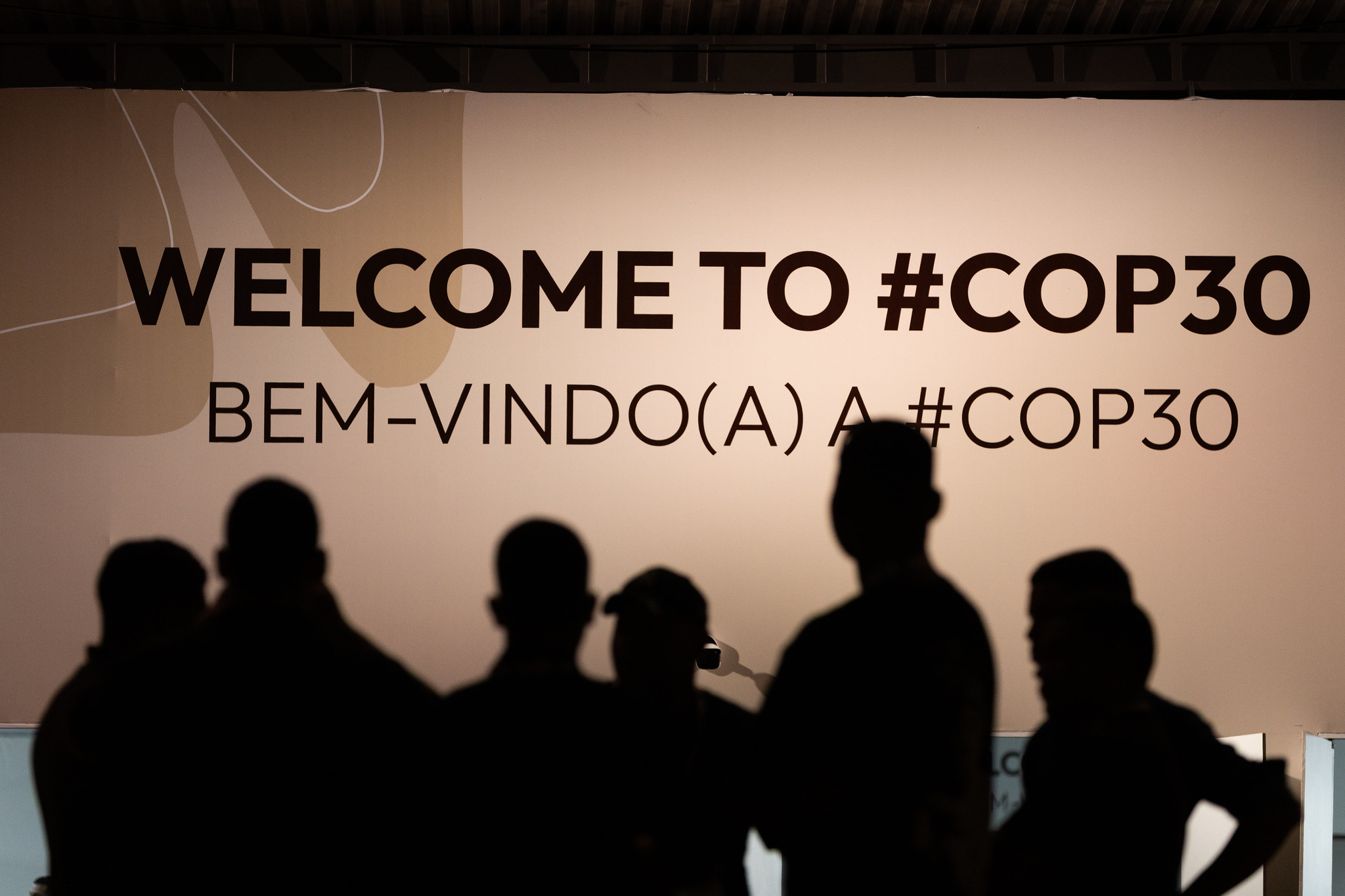By Leocadia Bongben
Ten years after the Paris Conference of the Parties (COP), the world meets in Belém, Brazil, today to discuss climate challenges, with the UN Climate Change Secretary General calling for action.
“In Belém, we’ve got to marry the world of negotiations to the actions needed in the real economy. The Action Agenda is not a ‘nice-to-have’ – it is mission-critical. More than that, it is entirely in every nation’s enlightened self-interest. Every gigawatt of clean power cuts pollution and creates more jobs,” Simon Stell says.
Opening COP30, UN Climate Change Executive Secretary Simon Stell acknowledges that nationally determined contributions, NDCs, cannot cut emissions. Saying more work needs to be done to reduce emissions and strengthen resilience faster, he stresses, “The science is clear: we can and must bring temperatures back down to 1.5°C after any temporary overshoot. Lamenting is not a strategy. We need solutions.”
To implement the COP process, international cooperation is key, as no single nation can cut emissions fast enough. “Not one single nation among you can afford this, as climate disasters rip double digits off GDP,” he says.
Stell goes further to say that, “While climate disasters decimate the lives of millions, when we already have the solutions, this will never, ever be forgiven.”
Renewable energy (solar and wind) is identified as a solution, with over 90 per cent of the world already investing in low-cost energy. It is projected that investment in clean energy and infrastructure will hit another record high this year, with investments in renewables outstripping fossil fuels 2 to 1.
It is against this backdrop that Stell says the decisions to be taken at Balem would be to match the opportunities with the crisis the world is facing. After agreeing on the transition from fossil fuels, he says it is time to triple renewables, doubling energy efficiency. “We have already agreed to deliver at least 300 billion in climate finance, with developed countries taking the lead. We now need to put the Baku to Belem Roadmap to work, to start moving towards the 1.3 trillion.”
After agreeing on the global adaptation goals, it is time to agree on indicators to speed implementation and unleash the potential, he says.
Every action to build resilience helps save lives, strengthen communities, and protect the global supply chains that every economy depends on, he concluded.


